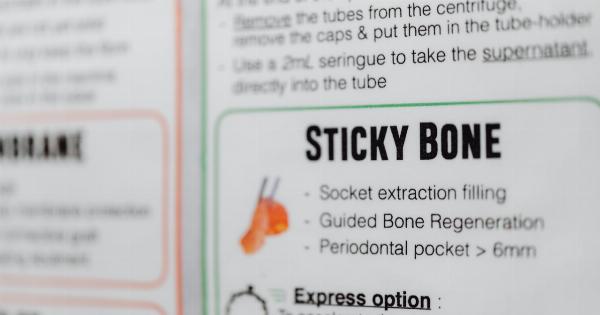Sexual dysfunction is a common problem that affects many couples in their marriages. It refers to any problem that prevents couples from enjoying a satisfying sexual life.
Sexual dysfunction can affect both men and women and can lead to a lack of intimacy and strain on relationships. Understanding the causes of sexual dysfunction in marriage is crucial for improving relationships and enhancing sexual intimacy.
Causes of Sexual Dysfunction in Marriage
1. Physical Causes
Physical causes of sexual dysfunction in marriage include illnesses, hormonal imbalances, medications, injuries, and surgeries. Illnesses such as diabetes, heart disease, and multiple sclerosis can affect sexual function.
Hormonal imbalances such as low testosterone levels can also lead to sexual dysfunction. Medications such as antidepressants, blood pressure medications, and hormone therapies can also cause sexual problems. Injuries or surgeries that affect the genital or pelvic area can also inhibit sexual function.
2. Psychological Causes
Psychological causes of sexual dysfunction in marriage include stress, anxiety, depression, relationship issues, and low self-esteem. Stress can affect sexual function by causing a lack of interest, performance anxiety, or premature ejaculation.
Anxiety and depression can also lead to a lack of interest or inability to perform sexually. Relationship issues such as communication problems, trust issues, or unresolved conflicts can lead to sexual dysfunction. Low self-esteem can also inhibit sexual function by causing a lack of confidence.
3. Lifestyle Factors
Lifestyle factors such as obesity, smoking, alcoholism, and drug abuse can also lead to sexual dysfunction in marriage. Obesity can affect sexual function by causing hormonal imbalances and reducing blood flow to the genital area.
Smoking can damage blood vessels and reduce blood flow to the genital area. Alcoholism and drug abuse can also affect sexual function by causing neurological and hormonal imbalances.
4. Age-related Causes
Age-related causes of sexual dysfunction in marriage are common in both men and women. As men and women age, their bodies undergo hormonal changes that can lead to sexual problems.
Men may experience erectile dysfunction or a lower sex drive, while women may experience vaginal dryness or a decreased sex drive. Age-related medical conditions such as arthritis or diabetes can also affect sexual function.
5. Cultural and Religious Factors
Cultural and religious factors can also play a role in sexual dysfunction in marriage. Some cultures and religions may have strict beliefs about sexual practices or may promote sexual repression.
These beliefs and practices can lead to a lack of sexual education and communication, which can inhibit sexual function and intimacy in marriage. Couples who struggle with cultural or religious differences should seek counseling and education to improve their sexual relationships.
Treatment and Prevention of Sexual Dysfunction in Marriage
The treatment and prevention of sexual dysfunction in marriage depend on the underlying cause of the problem. Couples should seek medical and psychological evaluations to determine the cause of their sexual dysfunction.
Treatment may include medication, hormonal therapy, or surgery for physical causes. Psychological causes may require counseling or therapy to improve communication, relationship issues, or mental health problems. Lifestyle changes such as weight loss, exercise, and quitting smoking or drug use can also improve sexual function.
Conclusion
Sexual dysfunction in marriage is a common problem that affects many couples. Understanding the causes of sexual dysfunction is crucial for improving intimacy and relationships.
Couples who struggle with sexual dysfunction should seek medical and psychological evaluations to determine the underlying cause of their problem and seek appropriate treatment to improve their sexual relationships. Open communication, education, and counseling can also improve sexual function and enhance intimacy in marriage.



























